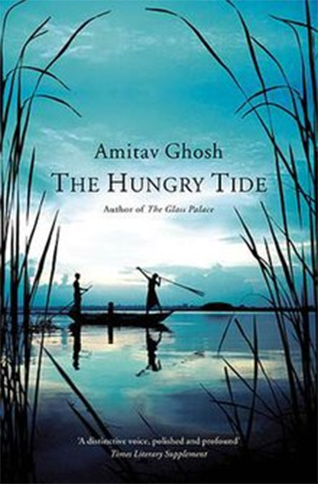A classic South Asian saga set in Calcutta and the Sundarbans, an archipelago of islands in the Bay of Bengal. This renowned stretch of mangrove forest is currently being shaped by the tides, which can reach more than 100 miles inland. And, by the wilds – from crocodiles to man-eating tigers, other animals rule the land.
When a small ship arrives in 2001, to conduct an ecological survey, scientists examine the sociocultural fabric of a land constantly shaped by the ‘hungry tide’ of water.
How can we learn from the role water plays in the form of the ocean, in terms of projected climate change?
Mathilde Dutrieux at the University of Liège in Belgium developed a thesis on the literature titled “Climate Change in Amitav Ghosh’s The Great Derangement, The Hungry Tide and Gun Island.”
The thesis explains that “The Hungry Tide” underscores the critical role of this ecosystem in climate change discussions, emphasizing the need for protection and global awareness.
It also mentions that the author advocates for a more inclusive paradigm, rejecting dichotomies and embracing a nuanced approach to address climate change and ecological challenges.
Help SAR-Climate keep this document page accurate and updated by suggesting an edit or any corrections here.

